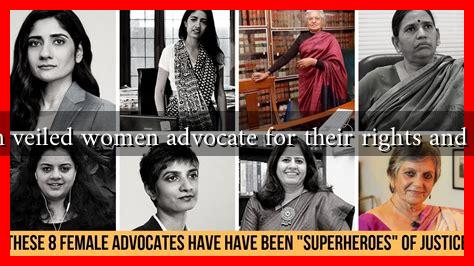-
Table of Contents
How Can Veiled Women Advocate for Their Rights and Identity?
In a world where cultural and religious identities are often scrutinized, veiled women face unique challenges in advocating for their rights and identity. The veil, often a symbol of oppression in the eyes of some, can also represent empowerment and personal choice for others. This article explores how veiled women can effectively advocate for their rights and identity, drawing on examples, case studies, and statistics to illustrate their journeys.
The Importance of Representation
Representation is crucial for veiled women in various spheres of life, including politics, media, and education. When veiled women occupy positions of power and visibility, they can challenge stereotypes and promote a more nuanced understanding of their identities. Here are some ways representation can be enhanced:
- Political Engagement: Encouraging veiled women to participate in politics can lead to policies that better reflect their needs and rights.
- Media Representation: Positive portrayals of veiled women in media can help dismantle harmful stereotypes.
- Community Leadership: Supporting veiled women in leadership roles within their communities can empower others to follow suit.
Building Solidarity and Networks
Veiled women can benefit significantly from building networks and solidarity with other marginalized groups. By forming alliances, they can amplify their voices and create a more substantial impact. Here are some strategies for building solidarity:
- Joining Advocacy Groups: Organizations like Women’s March provide platforms for women to unite and advocate for their rights.
- Creating Online Communities: Social media can be a powerful tool for veiled women to share their experiences and connect with others globally.
- Participating in Workshops and Conferences: Engaging in discussions about rights and identity can foster understanding and collaboration.
Utilizing Legal Frameworks
Understanding and utilizing legal frameworks is essential for veiled women to advocate for their rights. Many countries have laws that protect against discrimination based on religion and gender. Here are some steps they can take:
- Know Your Rights: Familiarizing themselves with local and international laws can empower veiled women to stand up against discrimination.
- Seek Legal Assistance: Organizations like the ACLU offer legal support for individuals facing discrimination.
- Engage in Legal Advocacy: Participating in campaigns that aim to change discriminatory laws can lead to broader societal change.
Education and Awareness
Education plays a pivotal role in empowering veiled women. By pursuing education, they can gain the knowledge and skills necessary to advocate for their rights effectively. Here are some educational avenues:
- Formal Education: Attending schools and universities can provide veiled women with the credentials needed to enter various professions.
- Workshops and Training Programs: Participating in programs focused on advocacy, leadership, and public speaking can enhance their ability to communicate their needs.
- Awareness Campaigns: Engaging in campaigns that educate the public about the rights and identities of veiled women can foster understanding and acceptance.
Case Studies and Success Stories
Several veiled women have successfully advocated for their rights and identity, serving as inspiring examples for others. For instance:
- Ilhan Omar: As one of the first Muslim women elected to the U.S. Congress, Omar has used her platform to advocate for policies that support marginalized communities.
- Yasmin Abdel-Magied: An Australian-Sudanese engineer and activist, Abdel-Magied has spoken out about the challenges faced by veiled women and has worked to promote diversity and inclusion.
Conclusion
Veiled women have the potential to be powerful advocates for their rights and identity. By enhancing representation, building solidarity, utilizing legal frameworks, pursuing education, and learning from successful case studies, they can challenge stereotypes and promote understanding. As society continues to evolve, the voices of veiled women will be crucial in shaping a more inclusive future. Empowering these women not only benefits them but also enriches the broader community, fostering a culture of respect and acceptance.

